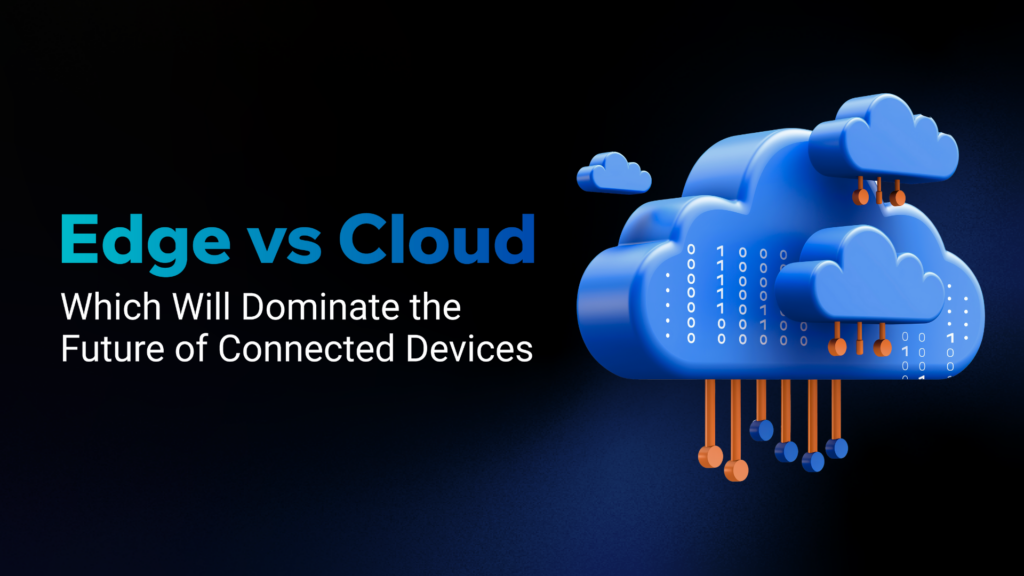
Edge vs Cloud: Which Will Dominate the Future of Connected Devices?
As connected devices—think smartphones, IoT gadgets, smart cars, and more—become central to our daily lives, the question arises: will edge computing or cloud computing lead the way in the future?
What is Cloud Computing?
Cloud computing processes and stores data in centralized data centers, often far from where the data is generated. Services like AWS, Google Cloud, and Microsoft Azure have made it easy for businesses to store, manage, and scale their data operations in the cloud.
- Pros: Cloud is cost-efficient and scalable, perfect for handling big data and global operations.
- Cons: It suffers from higher latency (lag) since data travels over long distances, which can be problematic for real-time applications like autonomous cars or factory systems.
What is Edge Computing?
Edge computing brings data processing closer to the devices generating the data, reducing the time it takes for data to travel (and therefore cutting down latency). Rather than relying on far-off cloud servers, edge devices or local servers handle the data nearby.
- Pros: Edge is fast, reduces bandwidth use, and enhances data privacy. It’s perfect for real-time applications.
- Cons: It’s more expensive upfront and harder to scale compared to the cloud.
Edge vs Cloud: Where Do They Shine?
- Cloud computing excels in areas like big data analysis, long-term data storage, and managing enterprise-level applications.
- Edge computing is critical for real-time data needs, like autonomous cars, industrial IoT, and smart city infrastructure where fast decision-making is key.
Why Not Both?
The future isn’t about choosing between cloud or edge. Instead, hybrid solutions are emerging, blending the strengths of both. This is where DCConnect Global steps in, offering solutions that connect the cloud and the edge seamlessly. Their hybrid infrastructure ensures that businesses can process time-sensitive data at the edge while managing large-scale analytics and storage in the cloud.
The Hybrid Future
Edge and cloud computing will work together. Edge computing will handle instant data processing, while cloud computing will manage broader, long-term data storage and analysis. Thanks to DCConnect Global and their flexible infrastructure, businesses don’t have to choose—they can have both, ensuring their connected devices perform at their best.



